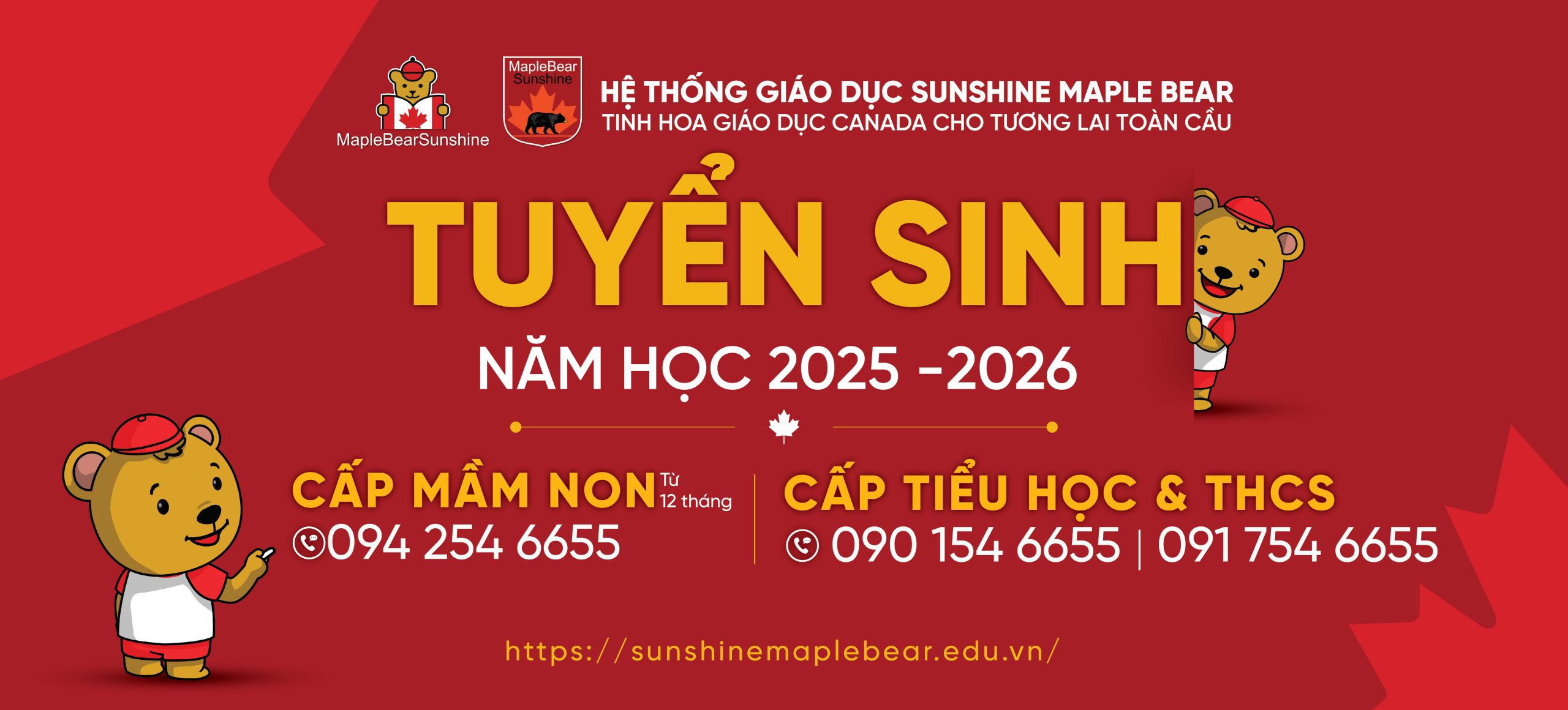

EDUCATION PROGRAM
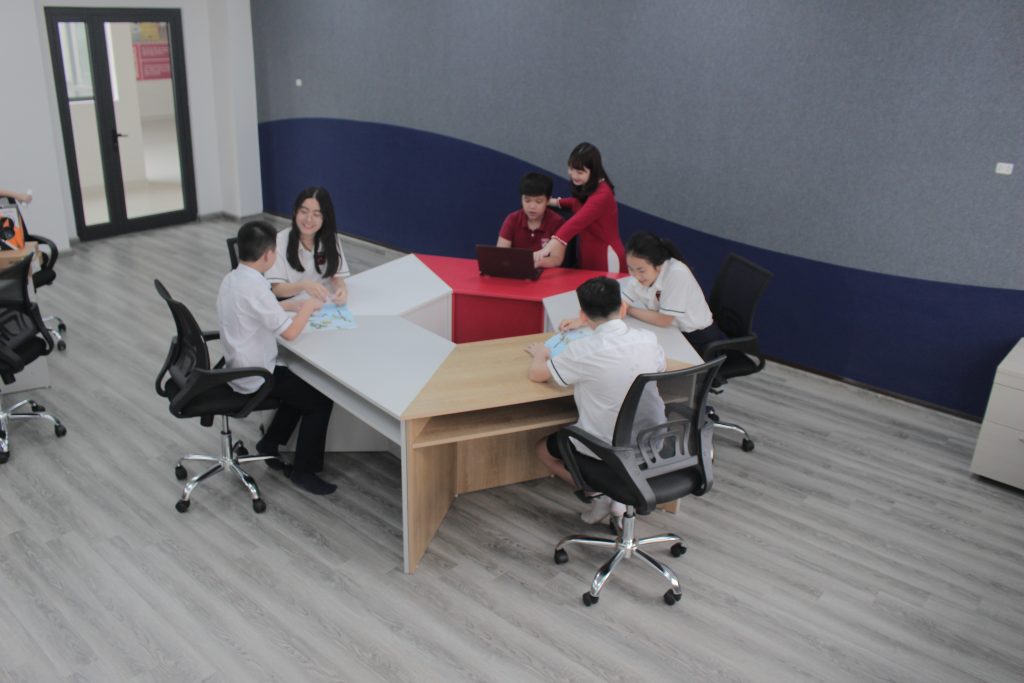
2018 General Education Program of the Ministry of Education and Training
The 2018 General Education Program is a foundational curriculum that is implemented rigorously across all grade levels and training models at Sao Ánh Dương Maple Bear Canada – Tây Hồ Middle School.
looking for more information
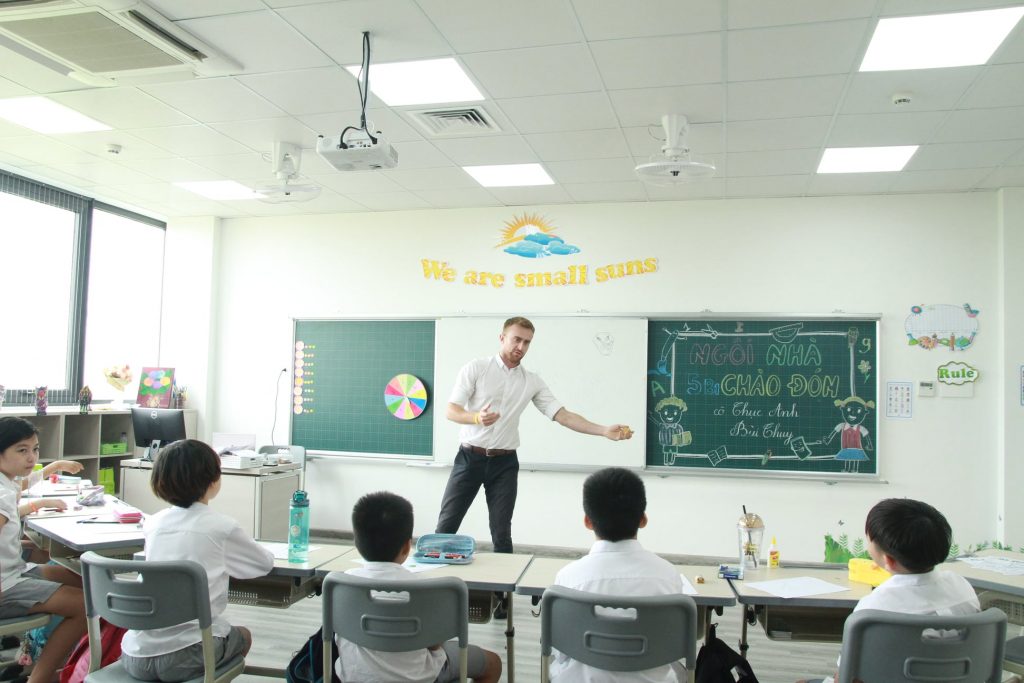
Maple Bear English Club
The English program at Sao Ánh Dương Maple Bear Canada – Tây Hồ Middle School provides an immersive bilingual learning environment, equipping students with a strong foundation of knowledge.
looking for more information
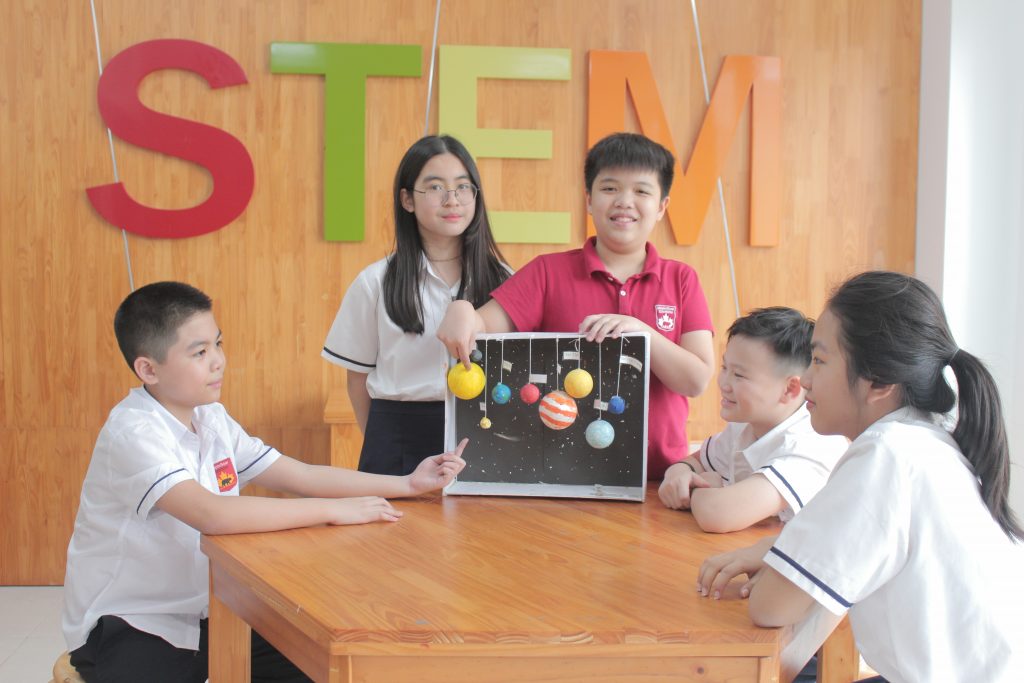
Supplementary Education Programs
Alongside the 2018 General Education Program and the Maple Bear English Program, the school also offers supplementary programs, such as Social-Emotional Learning (SEL), school counseling, digital citizenship, career orientation experiences, international exchanges, and clubs. These initiatives aim to foster well-rounded development of students’ competencies.
looking for more information
GENERAL EDUCATION PROGRAM 2018 OF THE MINISTRY OF EDUCATION
Based on the students’ capabilities and the characteristics of each training model (bilingual model and international model), the Vietnamese curriculum is organized flexibly in terms of duration, methods, teaching forms, and assessment, while still complying with the regulations set by higher authorities.
For the international class model, the Vietnamese curriculum is an integration of the Ministry of Education & Training’s program with the Maple Bear proprietary curriculum. This integration avoids overlapping knowledge units, reduces academic burdens, and supplements practical, real-world topics, all while aligning with the Vietnamese curriculum’s output standards and the Maple Bear program’s objectives.
For details on the 2018 high school program, Parents, please visit HERE

MAPLE BEAR . ENGLISH CLUB
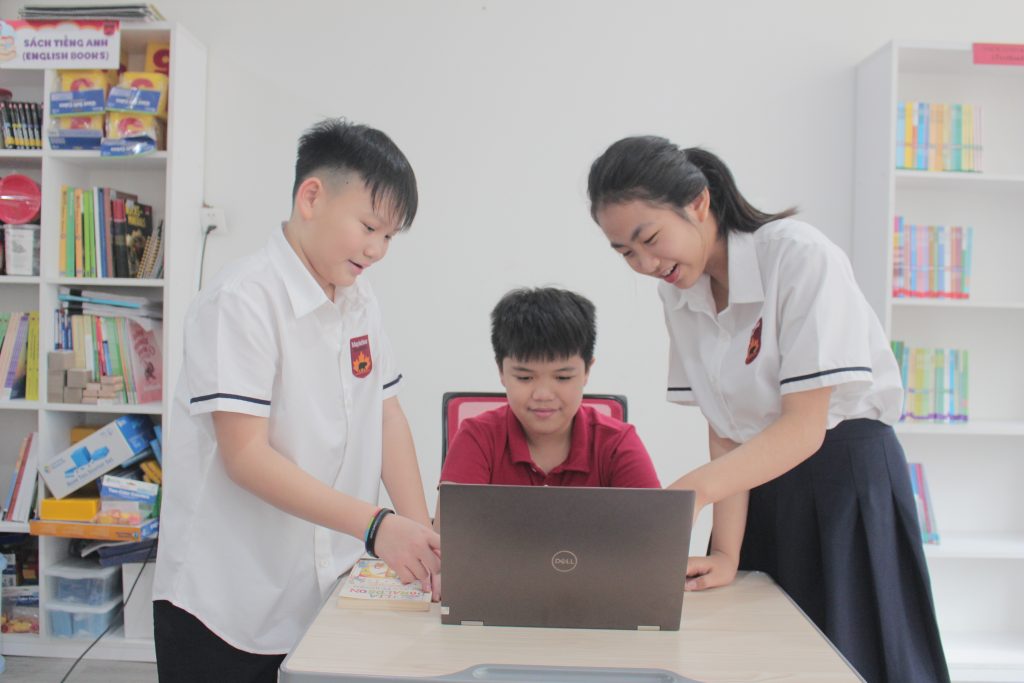
The English program at Sao Ánh Dương Maple Bear Canada – Tây Hồ Middle School provides an engaging bilingual learning environment that equips students with a solid foundation of knowledge and practical skills, along with opportunities to cultivate global citizenship qualities and competencies. The program is implemented based on the principle of inheriting and enhancing the excellence of bilingual education, employing effective language teaching practices and methods that meet the requirements of the Ministry of Education and Training, optimizing students’ learning outcomes. The training path is built upon the six-level foreign language competence framework and assessment scales, using standard language proficiency tests from English Cambridge.
In addition, the program also helps develop higher-order thinking skills and learning skills in English through practical exercises, interdisciplinary projects, and both in-class and extracurricular activities. The program is designed to align with the criteria and output goals for each level and age group, fostering the comprehensive development of English skills for learners. The objectives are detailed by the knowledge and skills students should acquire each year, across all levels of education—from Elementary through Middle and High School. Upon completing each education stage, students are assessed for their English proficiency through Cambridge certification exams.
ADDITIONAL EDUCATION PROGRAMS
- Experiential Activities:
Experiential activities – career orientation are mandatory components of the 2018 general education program and are systematically implemented at Sao Ánh Dương Maple Bear Canada – Tây Hồ Middle School. In addition to the topics in the curriculum, the school integrates student-oriented topics that are designed and guided by the school, creating opportunities for students to engage with real-life situations. These activities enable students to experience positive emotions, leverage their previous experiences, and mobilize the knowledge and skills from various subjects to complete assigned tasks or solve practical problems in school, family, or society that are age-appropriate. Through these activities, students transform their experiences into new knowledge, understanding, and skills, contributing to the enhancement of their creativity and ability to adapt to future life, environments, and careers.
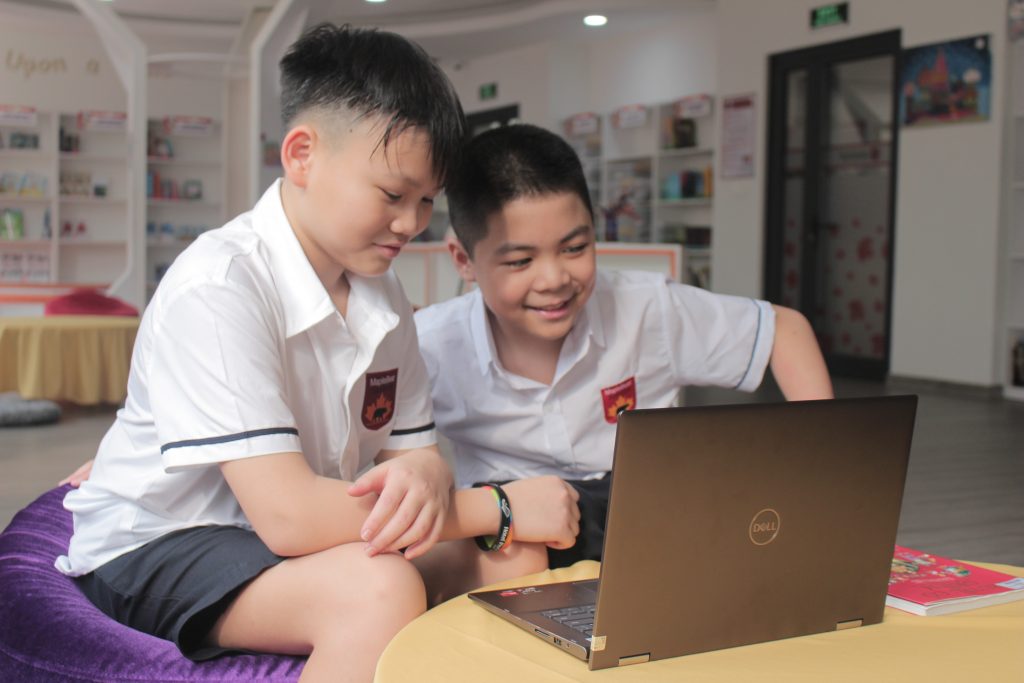
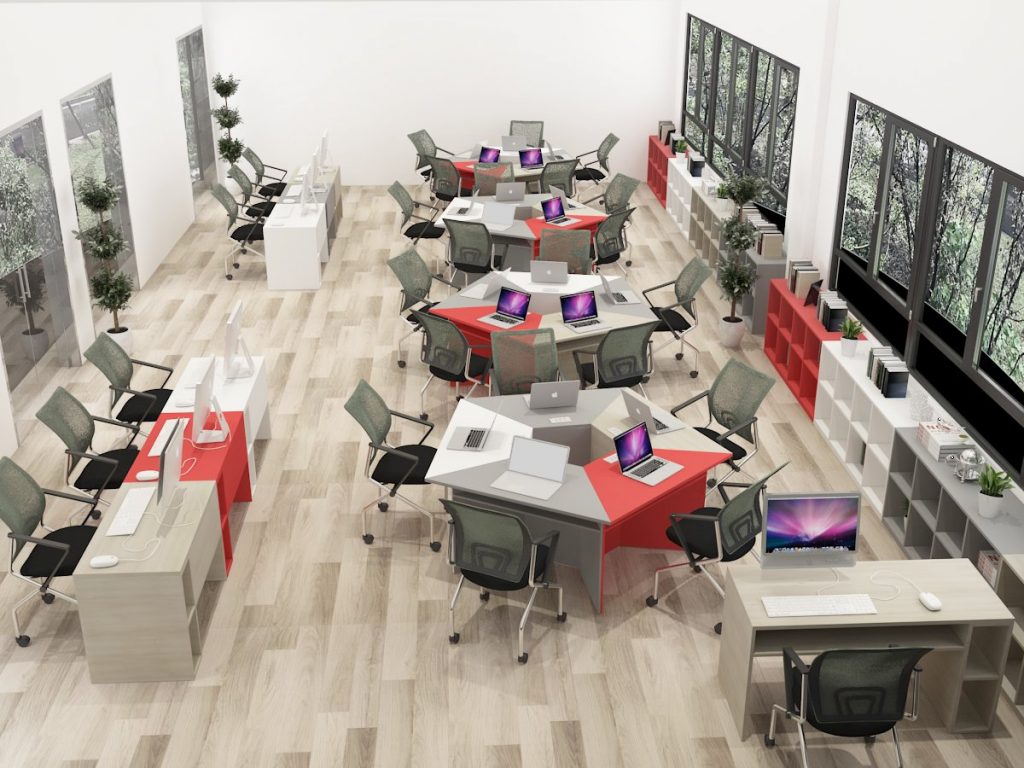

Digital Citizenship Project
The rapid development of information technology and the trend of globalization have raised the urgent need to strengthen the application of digital transformation in management and teaching. In this context, Sao Ánh Dương Maple Bear Canada – Tây Hồ Middle School has quickly embraced this trend by launching the Digital Citizenship Project, which aims to implement timely Information Technology training courses for staff, teachers, and students across the school. The project is expected to span 3 years, from the 2021-2022 school year to the 2023-2024 school year. Its goal is to help teachers master skills and creatively apply technology to teaching, digitize record systems and management processes, while also assisting students in proactively adapting to new learning methods – online learning. Additionally, it enables students to take initiative and develop creative skills to use information technology effectively for their learning and personal growth.
We believe that mastering technology is one of the most important skills for future global citizens. In the face of digital transformation, citizens who are well-versed in technology and possess the ability to master it will be those who seize opportunities, facilitating their success in higher education and in their future endeavors.
International Cooperation and Exchange
Sao Ánh Dương Maple Bear Canada – Tây Hồ Middle School is part of the Sunshine Maple Bear education system, Maple Bear Vietnam, and the global Maple Bear network. As a result, students benefit from the invaluable resources of the Maple Bear program and the global network of over 500 learning centers in 39 countries worldwide. These international collaborations help the school establish a strong academic foundation and create a modern, globally-integrated educational environment. This enables students to gradually become global citizens, ready to contribute to the creation of a more interconnected world in the future.

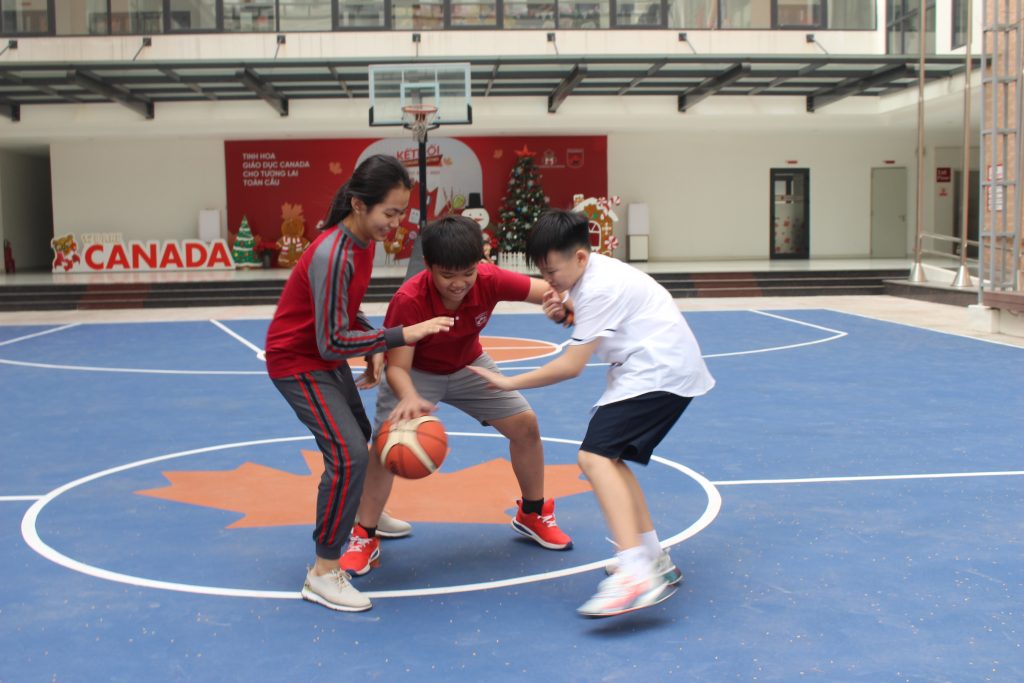
Summer Clubs and After-School Activities
In addition to the regular academic and experiential activities included in the timetable, the school collaborates with both internal and external organizations to establish after-school clubs. These clubs aim to enhance creative experiential activities, foster students’ well-rounded abilities, and supplement their knowledge.
The summer activities are based on a specific theme for each school year, focusing on life skills and physical activities. Additionally, the summer program allocates time for review and consolidation of knowledge. The summer clubs typically run for 4 to 6 weeks, from mid-June to July.
The after-school clubs managed by the school cover various educational fields, including film making, photography, programming, robotics, vocal music, piano, dance, applied arts, martial arts, swimming, football, basketball, dance sport, chess, and English, among others.
METHODS OF EDUCATION
Sao Ánh Dương Maple Bear Canada – Tây Hồ Middle School applies a learner-centered educational approach based on constructivist theory. According to this theory, each student constructs knowledge and demonstrates their understanding through personal experiences. This modern educational method prepares individuals to adapt to the ongoing changes of the 21st century.
The subjects and educational activities at the school use student-centered approaches, where teachers act as facilitators and guides, creating a friendly learning environment and presenting problem-based situations to encourage active student participation. These activities help students independently discover their abilities and aspirations, develop habits and self-learning skills, and utilize accumulated knowledge and skills for personal development.
Students engage in activities such as problem exploration, practice exercises, and hands-on activities (applying learned knowledge to identify and solve real-life problems), all supported by educational tools, especially computers and digital automation systems. Learning activities are organized both inside and outside the school campus, including: theoretical lessons, assignments, experiments, games, role-playing, research projects, seminars, field trips, camping, reading, collective activities, and community service. Depending on the goals and nature of the activity, students are organized to work independently, in groups, or as a class, ensuring each student is given the opportunity to personally engage in their learning tasks and real-life experiences.
 EN
EN  VN
VN EN
EN
